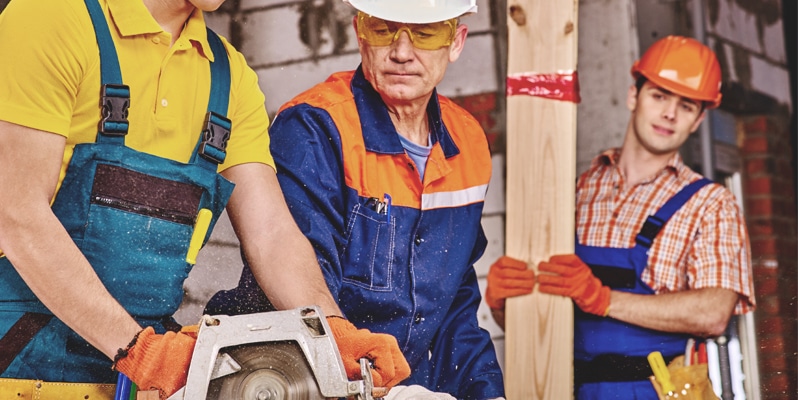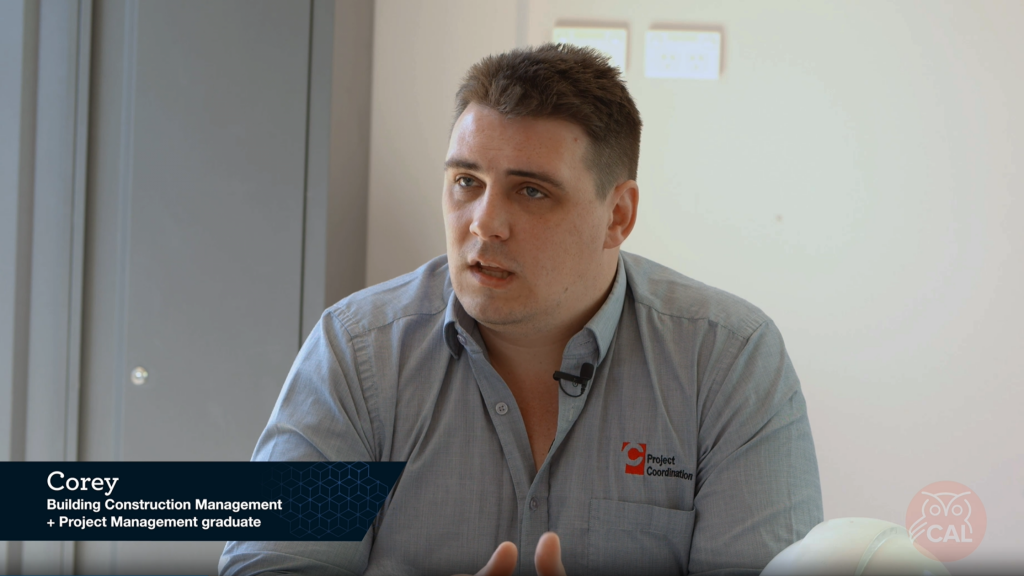
A skilled construction supervisor will need to know how to manage generational differences on a work site. Anybody who’s spent a career on construction sites can tell you how much the industry has changed in recent years, and not just by replacing the lunchtime meat pie and iced coffee with sushi and a kombucha! A new generation of workers is bringing modern thinking to a workplace that has changed very little since World War Two. That pace of change is rapidly increasing. Within a decade, full-scale digitisation is expected to add up to $25 billion in value to Australia’s commercial construction sector alone. Driving these changes will be younger workers with new ways of thinking.
So how can you ensure younger generations integrate with those who’ve spent their working lives on a job site?
Do it first, do it right
Tradespeople will invest in software when it saves time and money, and is easy to understand. If a site manager is shown how clients, suppliers and subcontractors can be updated on a worksite’s progress all at once with the click of a smartphone, it won’t take long to get them onside. Finding the right software to suit might seem like common sense to a 20-something newbie, but it’s far less so to a tradie without technology exposure. Don’t underestimate the positive influence an enthusiastic apprentice can have on more experienced colleagues.
Learning a new language
A construction site could have up to five different generations employed at any one time. The oldest may have been happy to let managerial opportunities pass them by, but remain fiercely loyal. The youngest won’t just be the most tech-savvy but can expect to have many jobs in their lifetime. Each generation will speak a slightly different ‘language’, so it’s important to get through to them all.
In this context, workplace mentoring can guide all generations. It’s as valuable to let older workers share their experiences, as it is to let millennials have their say. Each generation will be motivated by different things, which is an important distinction for promoting workplace harmony.
Allow every voice to be heard. Younger workers teaching older ones about technology can be complemented by having older staff share the knowledge that can only be gained by experience. Diploma-educated workers are more likely to lend an ear while remaining hungry for extra knowledge.

How to avoid the generation clash
Generational experts have made a fortune explaining to workplaces what a millennial is, and how they should fit into today’s workplace. Their intentions are honourable because that age group (born 1983-2000) currently make up the largest segment of the workforce. It’s estimated that this segment will grow to 75% within the next six years.
Generational clashes on a work site are inevitable, but not unmanageable. Older workers tend to think promotion is a reward for loyalty and experience, whereas younger ones believe in reward based on expertise alone. Conflict can arise when older workers react poorly to a lack of formality or manners, while younger ones get insulted if their opinions are dismissed simply because of their age.
In both cases, it’s usually a perception issue. Having an older worker mentor a younger one will build a bridge and create a sense of workplace stability that younger workers may never have experienced. Conversely, respecting and acknowledging a younger workers’ different approach and way of thinking can be a wonderful confidence-builder and reduce staff turnover. In these situations, a construction supervisor with a relevant diploma is more likely to be reflective and receptive to both sides of the argument, and able to negotiate a sound middle ground.
Keep the bigger picture in mind
Two big construction industry trends are working off-site and sustainability. It’s easy to picture a future in which younger workers will drive trends while more experienced minds will help manage changes. In this case, harnessing the education of one group and the ‘on-the-job’ experience of another will complement skills in a successful way. Keeping that bigger picture in mind will help solve most, if not all, generational conflicts in the workplace.
A harmonious culture has benefits for everything from project management to health and safety, and beyond. Managing to get workers of all generational differences on the same page is possible, and for work sites that manage to do so, it will be profitable as well.
Your Career in Construction Management
Do you want to learn more about construction management skills employers demand, emerging job roles and salaries, and recent industry insights?
Discover your career in construction management.
CONSTRUCTION MANAGEMENT CAREER PAGE






